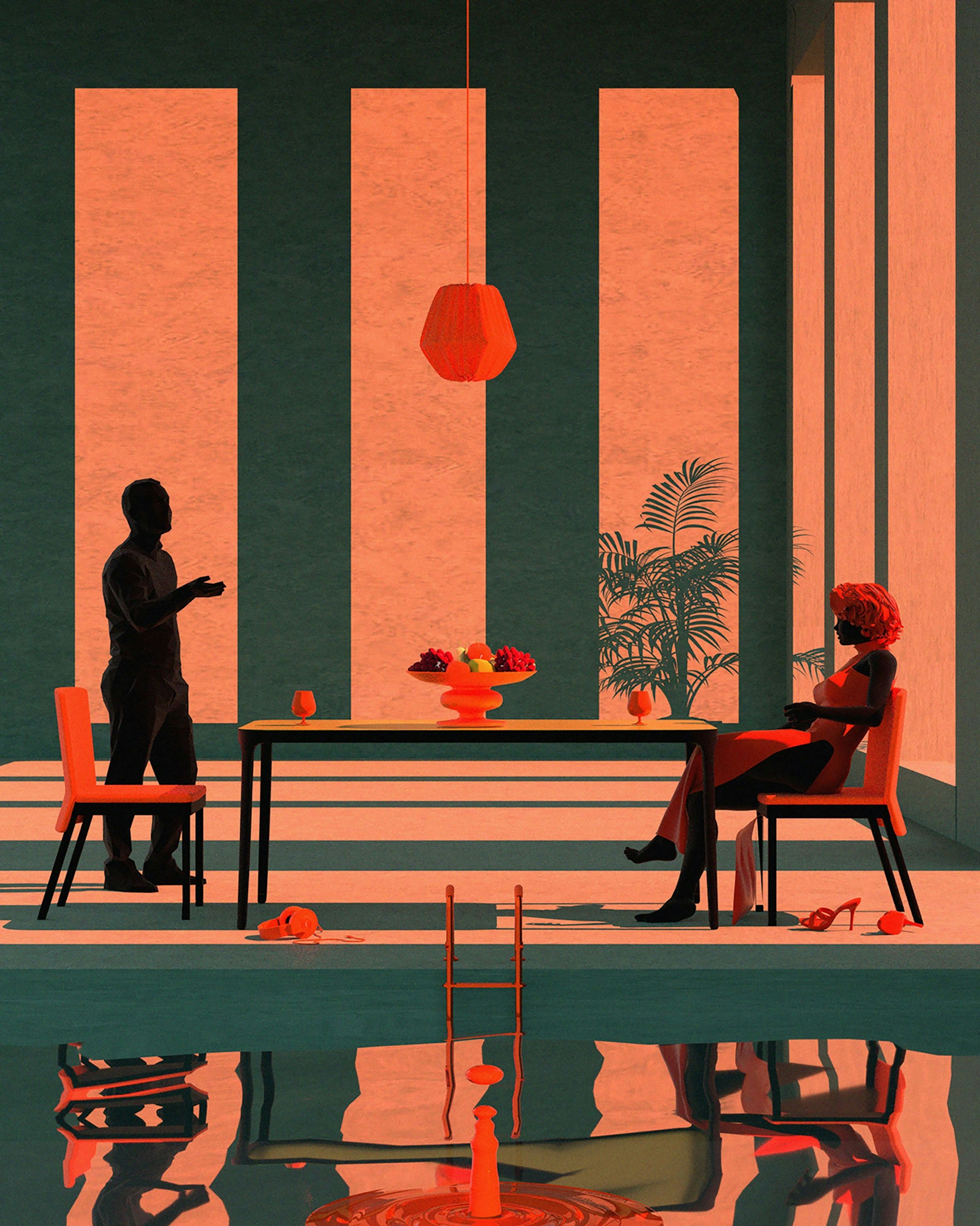

Welcome to the “preview” issue of Diverge Weekly, a weekly look at systemic design around the world. This is the first issue, the preview that was used for prototyping and testing the idea. You may not have gotten this in your inbox, but if you did, thank you for helping make this happen!
To start, this newsletter is an investigation and roundup of the role that design might play in international affairs.
This week, we’re seeing the global spread of COVID-19, or Coronavirus, to the Middle East and beyond. New cases popping up in Lebanon, Iraq, Iran, Oman, Qatar, and around the world, cases in the Americas and Europe are causing alarm. Pandemics make visible much of what we believe and how we behave around systemic uncertainty, and often these behaviours manifest through artifacts tied to sickness. Face masks and hand sanitizer clipped to bags are two artifacts I’ve seen here in Copenhagen, though the former is perhaps more a totem than something with real utility. The real question is whether our focus on totems might serve to exacerbate the crisis if we hit a certain tipping point: yet another object designed for one catalyzing negative outcomes for many.
In the United States, the democratic presidential primaries are in full swing, with Senator Bernie Sanders emerging as a frontrunner with a message focused around Medicare for All. For many of us who have experienced universal healthcare systems (in my case, Canada and Denmark), the discussion around a need for continued healthcare reform in the US is exciting and overdue. Good design and good experiences should not only be for the wealthy, and neither should good health care.
The ongoing battle for Idlib in Syria presents a less hopeful lens. Already a humanitarian disaster with countless refugees having fled to Idlib, the convergence of Russian-backed Pro-Assad forces and Turkish forces (both militia and actual military) has exacerbated their plight. From a design perspective, the ubiquitous UNHCR tent has been used as cover by pro-Assad forces to disguise their forces against the onslaught of Turkish airstrikes. The subversion of humanitarian objects for military maneuvers is nothing new, but given the humanitarian catastrophe using the symbols of the oppressed as cover is horrifying.
This is the prototype newsletter, so please let us know what you think and I’m looking forward to building something you enjoy reading every week!

How to train your AI soldier robots (and the humans who command them) - war on the rocks
WOTR has been publishing weekly articles on artificial intelligence and defense. These articles have proven to be an interesting lens into the American defense establishment and the way that academics, officers, and acquisitions professionals are thinking about an emergent technology and the people who operate them.
Monthly updates from Andrew Lovett-Barron, mostly writing about design practice, theory, and projects. Occasionally, I may link out to a new project.